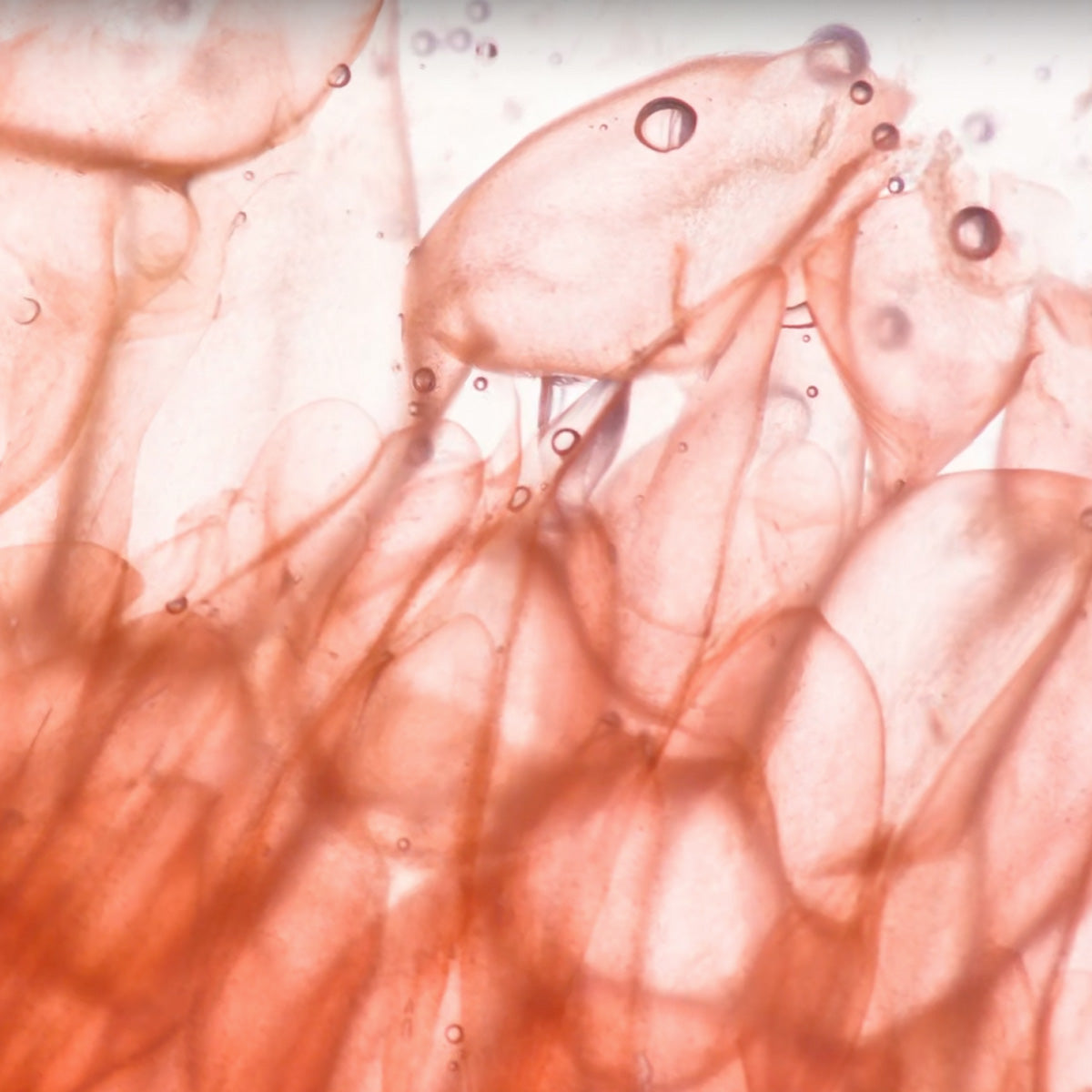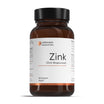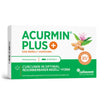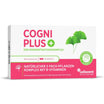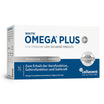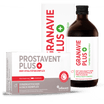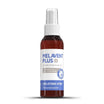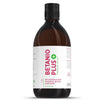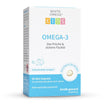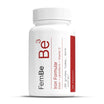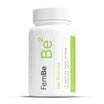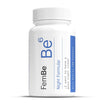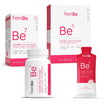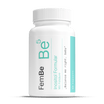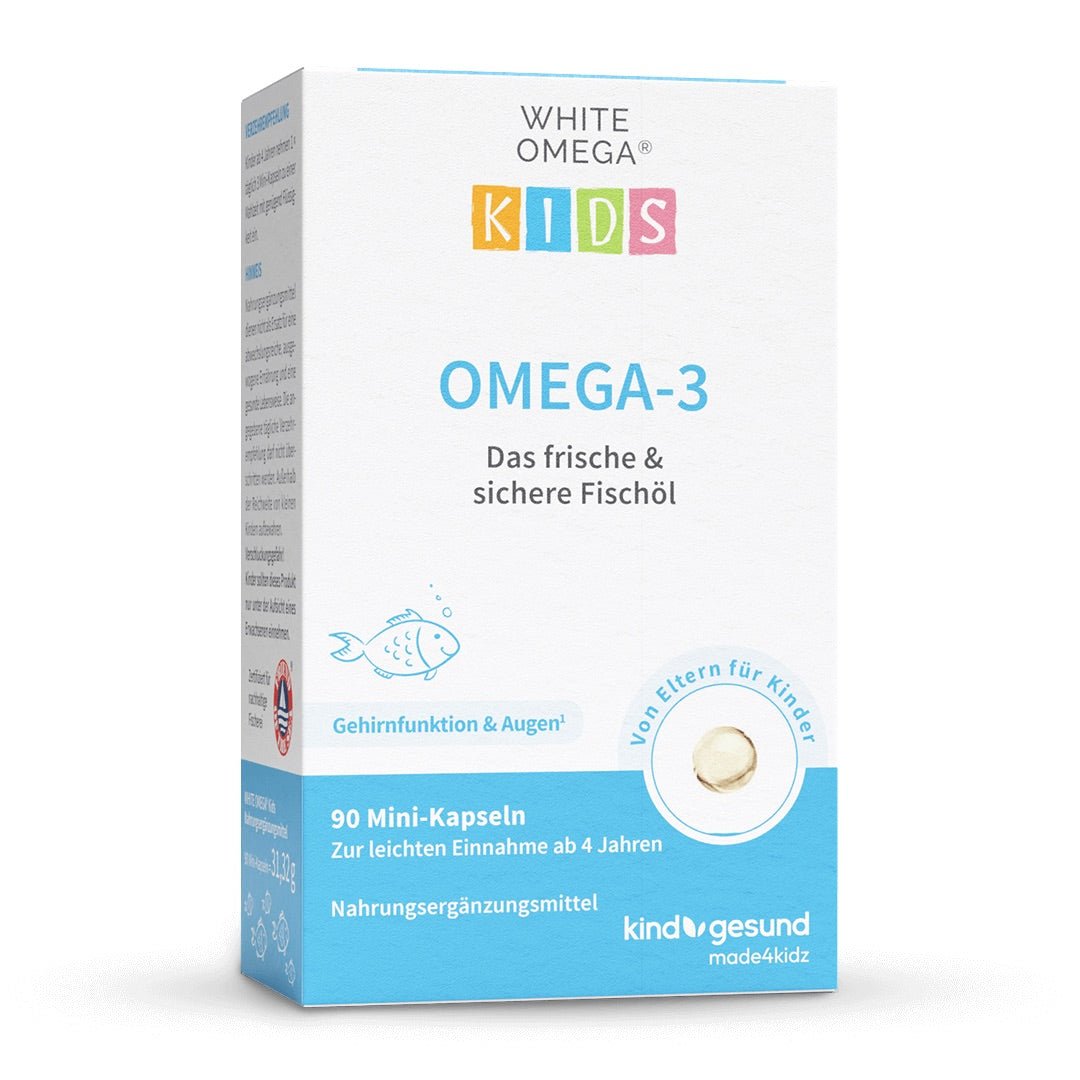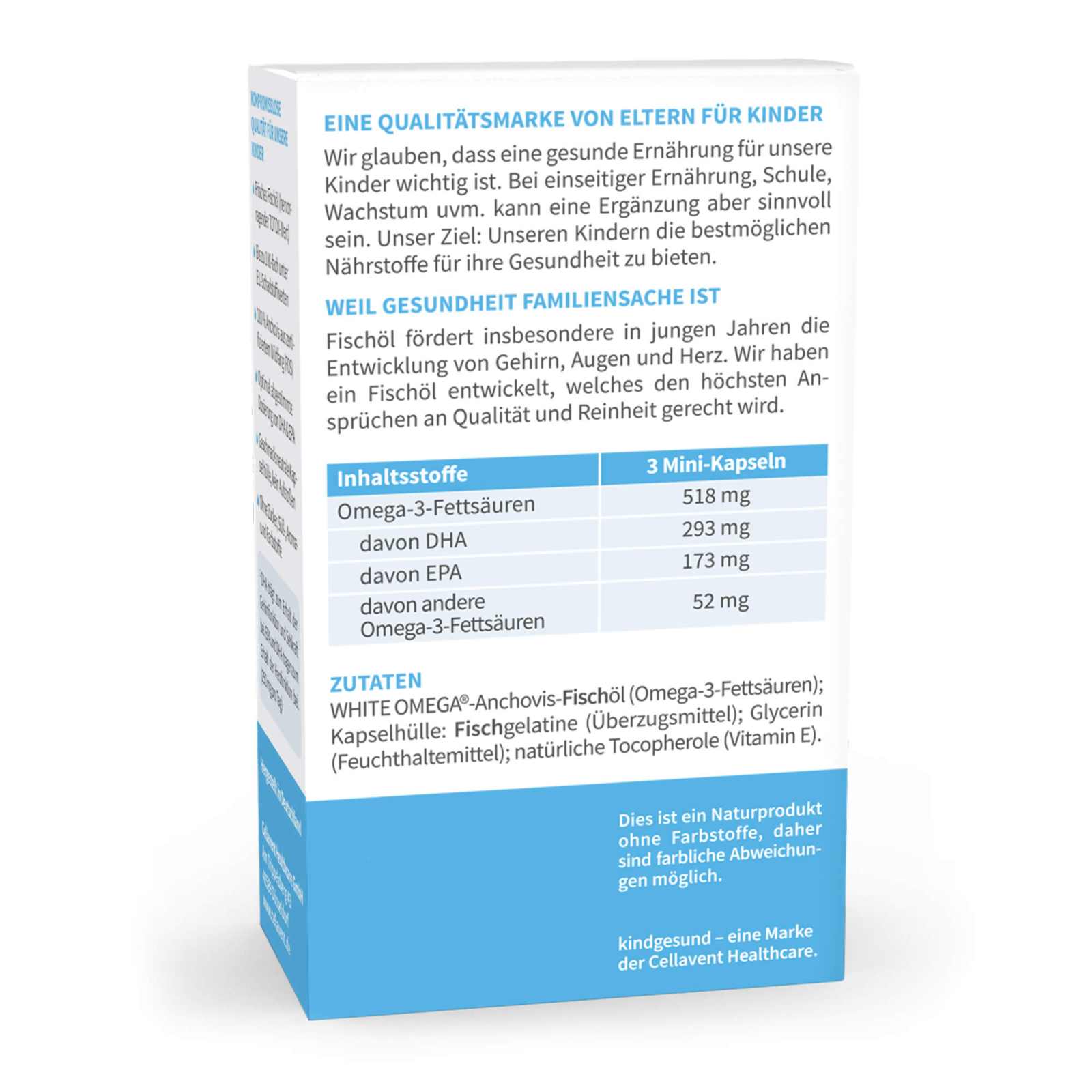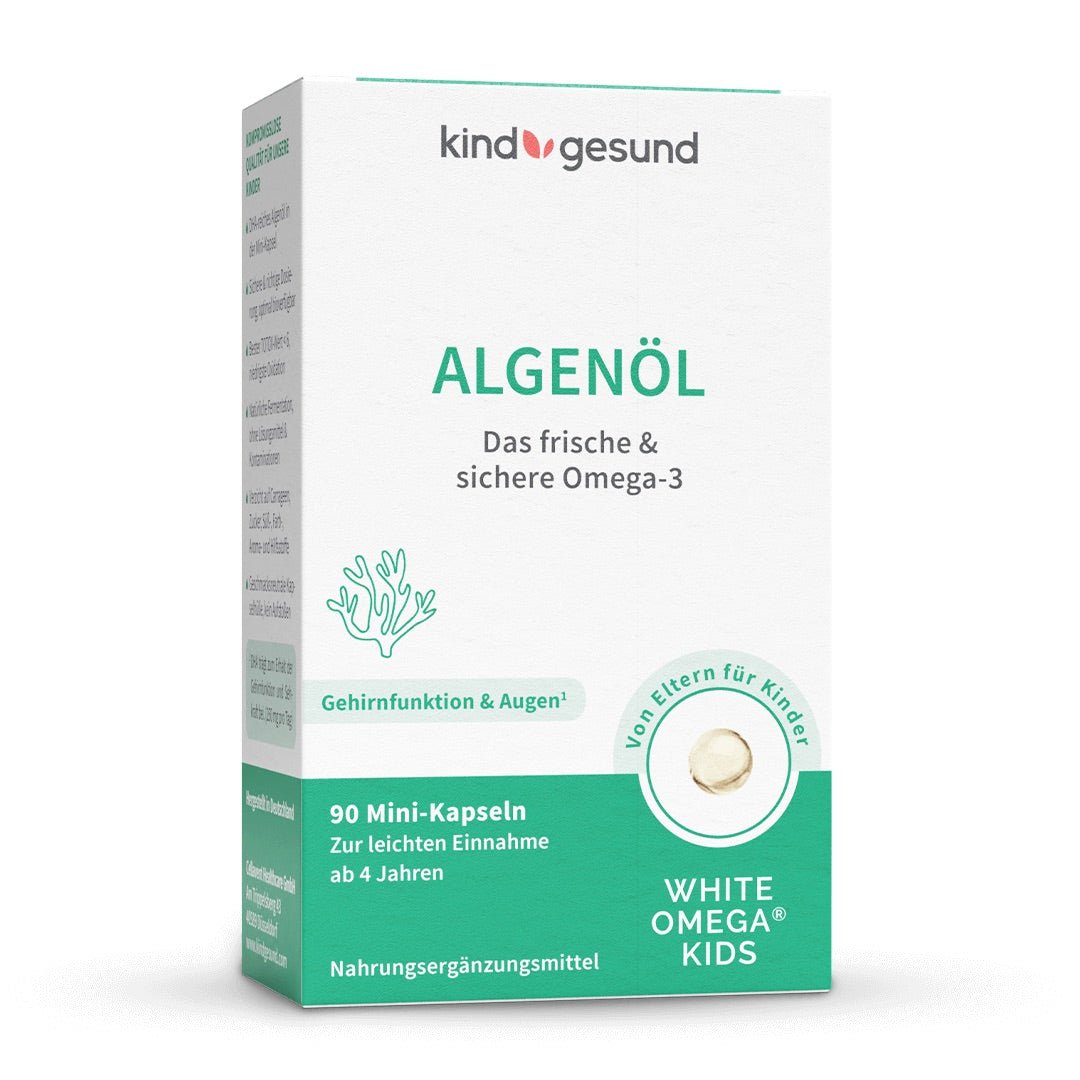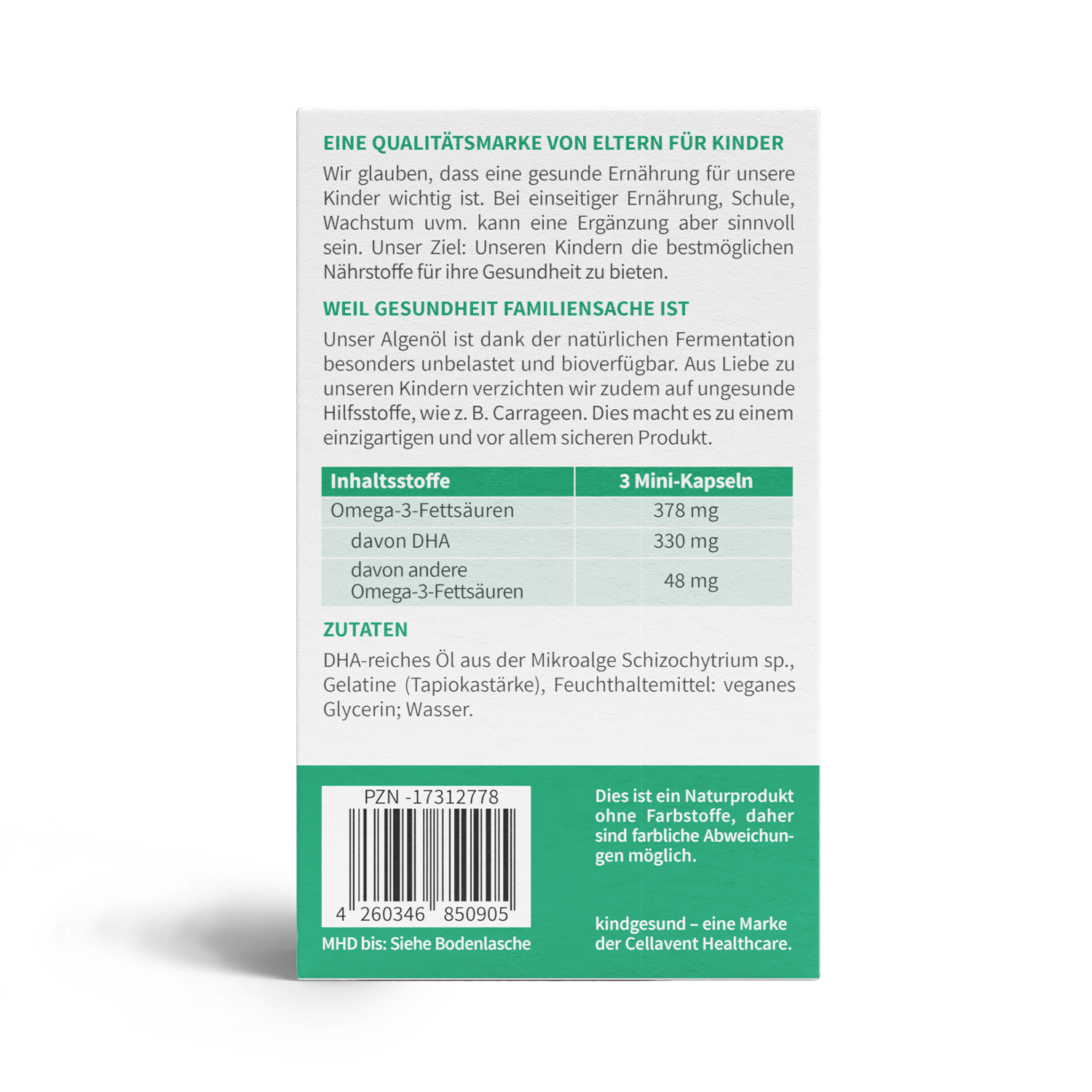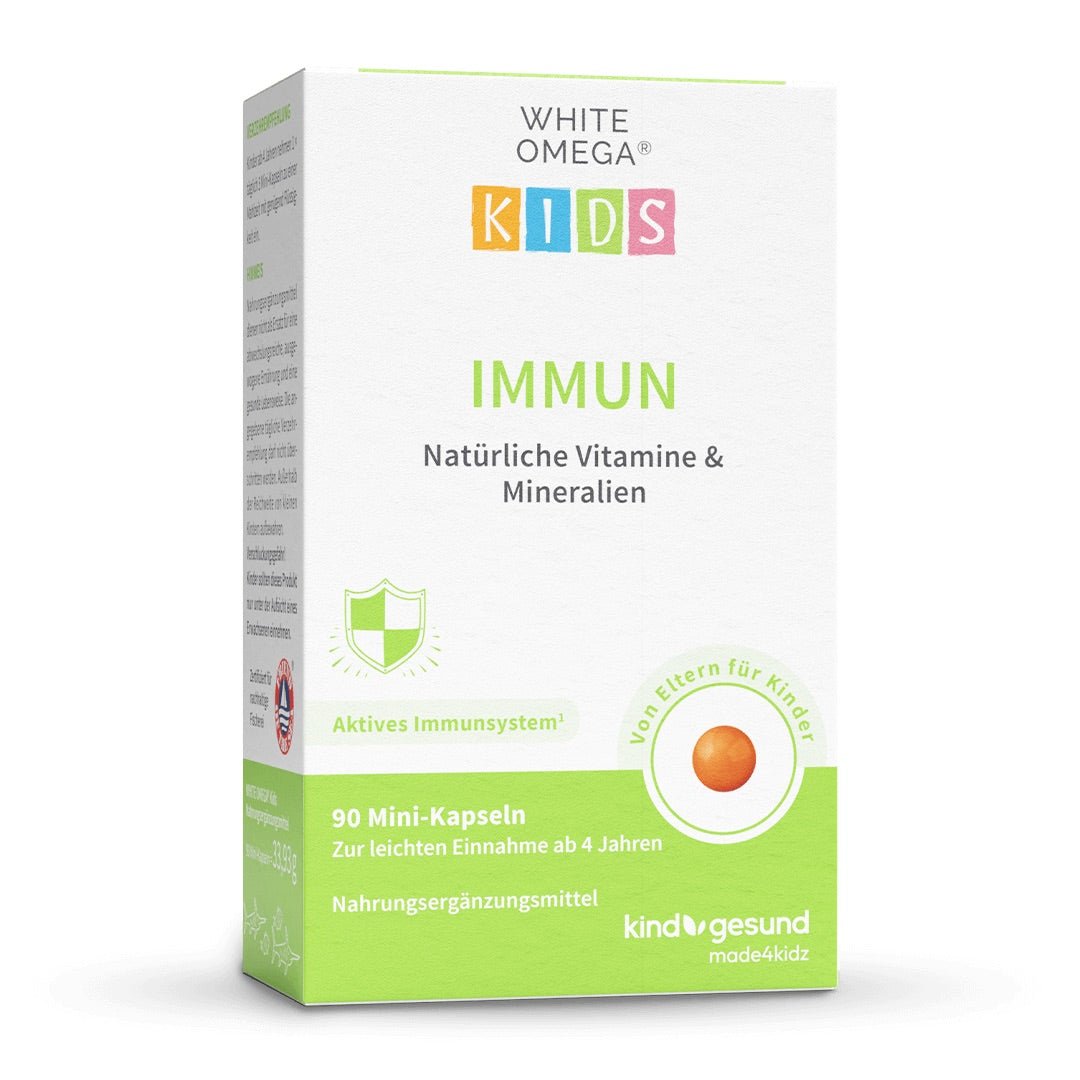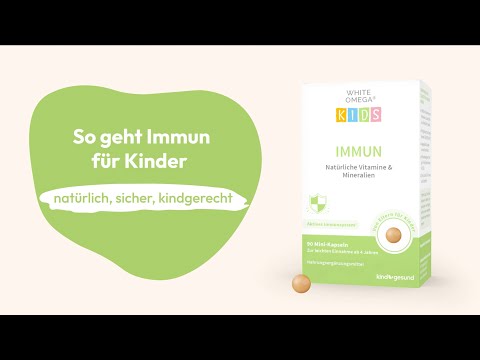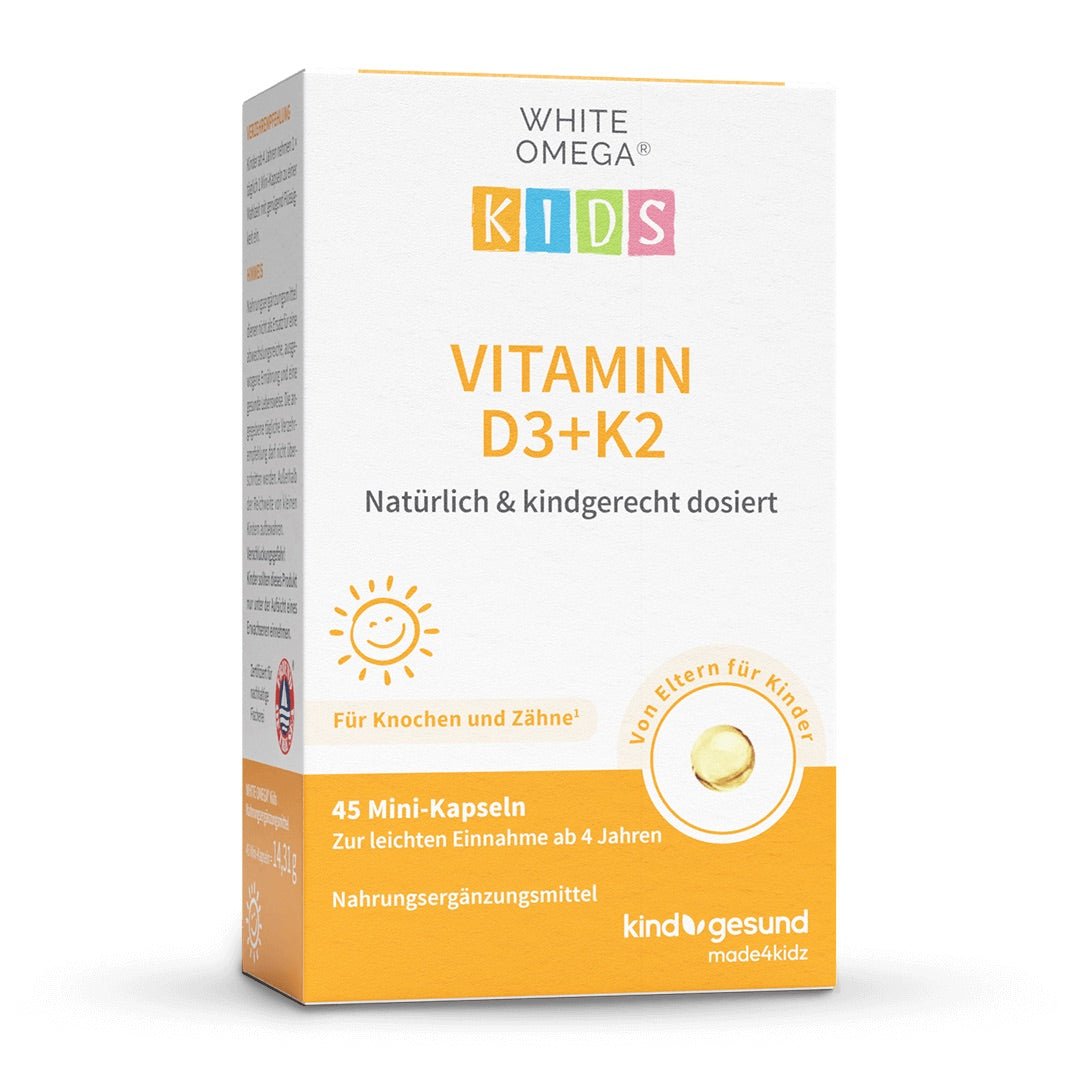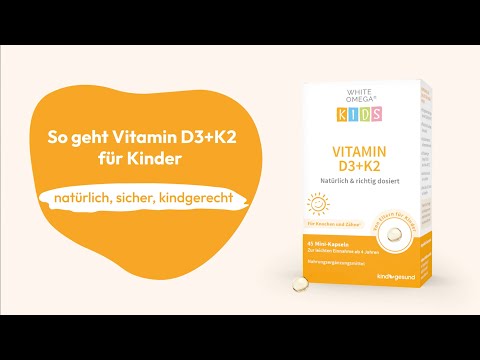Did you know that the human brain grows rapidly in the first few years of life? By the age of seven, a child's brain is already 95% of the size of an adult. This formative phase determines how big your child's brain will ultimately be and what cognitive and creative skills it will fundamentally develop. Weighing around 1,250 g for women and 1,375 g for men, the child's brain is on its way to reaching its full size and functionality during this time.
To ensure that your child is optimally supported during this crucial phase, we will show you in this article what you can do to best support your child's brain development.
Tip 1: Get enough sleep
Restful sleep is not only important for your child's well-being, but also for their brain development. Studies have shown that sleep improves memory and strengthens children's memories. During sleep, your child's brain processes the day's experiences and converts them into knowledge. New neural connections are formed and strengthened, while unnecessary information is sorted out.
Therefore, regular sleep is essential for your child's brain to recover and develop optimally. As a parent, you can help your child by reading them a bedtime story or reading with them. This way, your child will learn something new and strengthen their language skills at the same time.
And the best thing is: as a mother or father, you don't have to do much! Just let your child fall asleep relaxed and enjoy a quiet evening yourself.
Tip 2: Learn different languages
It has been scientifically proven that children who grow up bilingually develop higher cognitive performance. Why exactly this is the case is still being researched. Some scientists suspect that constantly switching between the two languages trains and stimulates the brain. Interestingly, children learn languages by listening, so it is important that they are exposed to linguistic stimuli.
So if you speak several languages yourself, you should definitely encourage your child to do the same. For example, order a children's book in two languages for your child. This way, they can connect what they have already learned with new words and match the pictures. But it's not just visual stimuli that help your child to develop, but also what they hear.
Tip 3: Essential Omega-3 fatty acids
To promote the optimal development of your children's bodies and especially their brains, important nutrients are necessary, especially the omega-3 fatty acids docosahexaenoic acid (DHA) and eicosapentaenoic acid (EPA). Unfortunately, most children do not consume enough fish to be adequately supplied with these nutrients. In addition, eating fish is not always unproblematic due to environmental toxins such as microplastics. It is therefore advisable to choose high-quality fish oil supplements with a balanced ratio of DHA and EPA and low pollutant content. Our WHITE OMEGA Kids fish oil capsules meet these criteria and at the same time have a low oxidation value (TOTOX value).
Tip 4: Music
Do you want to help your child develop optimally? Then you should consider teaching them to play an instrument. Music has a number of positive effects on your child: It helps them to move rhythmically, listen carefully and repeat what they have heard. Making music together also promotes togetherness and social interaction. Singing connects children and creates a shared experience. One study has even found that music improves children's language skills.
Sing songs together or let your child learn an instrument. Singing strengthens the memory of the songs and helps to strengthen empathic and social skills. So, what are you waiting for? Introduce your child to the world of music and give them the opportunity to develop musically!
Tip 5: Fresh air regularly
Did you know that fresh air has a positive effect on your child's brain development? Researchers have published in the journal Neuron that oxygen stimulates nerve cells to mature. This is particularly important because children born prematurely often have problems with their brain oxygen levels. This can lead to cognitive deficits and slowed brain development. So, get out into the fresh air and get some oxygen!
A rule of thumb is that adults should spend at least 30 minutes a day in the fresh air - and even more for children! Why not take your child on a trip into nature, for example to a playground or the forest? A trip to the lake or the sea can also have a positive effect on oxygen supply. Do something good for your child and their brain and enjoy nature together!
Tip 6: Affection and physical closeness
Physical closeness and love are very important for your child's development. Scientists are currently researching how early childhood stress and disturbed relationship behavior can increase the risk of psychiatric disorders. But don't worry, as a mother you can build a strong bond with your child and make them feel safe. When you cuddle with your child, they feel good and release endorphins. A simple tip to encourage this closeness is to use baby carriers or slings. These allow you to carry your child with you while you are out and about, thus building an even closer bond.
Tip 7: Drawing and painting
Do you want to encourage your child's creativity? A good way to do this is through drawing and painting. Through this activity, your child can express their thoughts and emotions, actively explore their surroundings and create new things. This can result in a beautiful picture that will remain a lovely memory for you as a mother or father. Just put paper and pens on a table and see what your child creates with them. Coloring in mandalas or craft projects can also encourage creativity and provide a lot of fun.
Tip 8: Drink enough
Do you want your child to succeed in music, languages and other creative tasks? Then make sure they drink enough fluids. Our bodies and brains are made up of 70% water and concentration problems can arise when we are not sufficiently hydrated. A small water bottle can help ensure that your child always has enough to drink. It is best to always place it in the same place so that they can easily find it when they are thirsty.
Tip 9: Good supply of omega-3 fatty acids during pregnancy and breastfeeding
The first 1000 days from the start of pregnancy are crucial for the development of your child. Even in the womb, the fetus needs nutrients such as docosahexaenoic acid (DHA), which you as an expectant mother can pass on. But even after birth and at a young age, DHA and eicosapentaenoic acid are important for healthy brain and nerve development. Around 20% of our nervous system consists of DHA. To ensure that you and your child are adequately supplied, we have developed WHITE OMEGA Mama - especially for pregnant women and breastfeeding mothers.
Sources:
- (1) Max Planck Society: Babies form new knowledge while sleeping, https://www.mpg.de/8827454/baby-schlaf-gedaechtnis [31.03.2023].
- (2) Grigorenko EL. Brain Development: The Effect of Interventions on Children and Adolescents. In: Bundy DAP, Silva Nd, Horton S, et al., editors. Child and Adolescent Health and Development. 3rd edition. Washington (DC): The International Bank for Reconstruction and Development / The World Bank; 2017 Nov 20. Chapter 10. Available from: https://www.ncbi.nlm.nih.gov/books/NBK525261/ doi: 10.1596/978–1‑4648–0423-6_ch10
- (3) Christiner M, Reiterer SM. Early Influence of Musical Abilities and Working Memory on Speech Imitation Abilities: Study with Pre-School Children. Brain Sci. 2018 Sep 1;8(9):169. doi: 10.3390/brainsci8090169. PMID: 30200479; PMCID: PMC6162612.
- (4) Byers-Heinlein K, Lew-Williams C. Bilingualism in the Early Years: What the Science Says. Learn landscape 2013 Case;7(1): 95–112. PMID: 30288204; PMCID: PMC6168212.
- (5) Dewey KG, Matias SL, Mridha MK, Arnold CD. Nutrient supplementation during the first 1000 days and growth of infants born to pregnant adolescents. Ann NY Acad Sci. 2020 May;1468(1):25–34. doi: 10.1111/nyas.14191. Epub 2019 Aug 4. PMID: 31378980; PMCID: PMC7317730.


